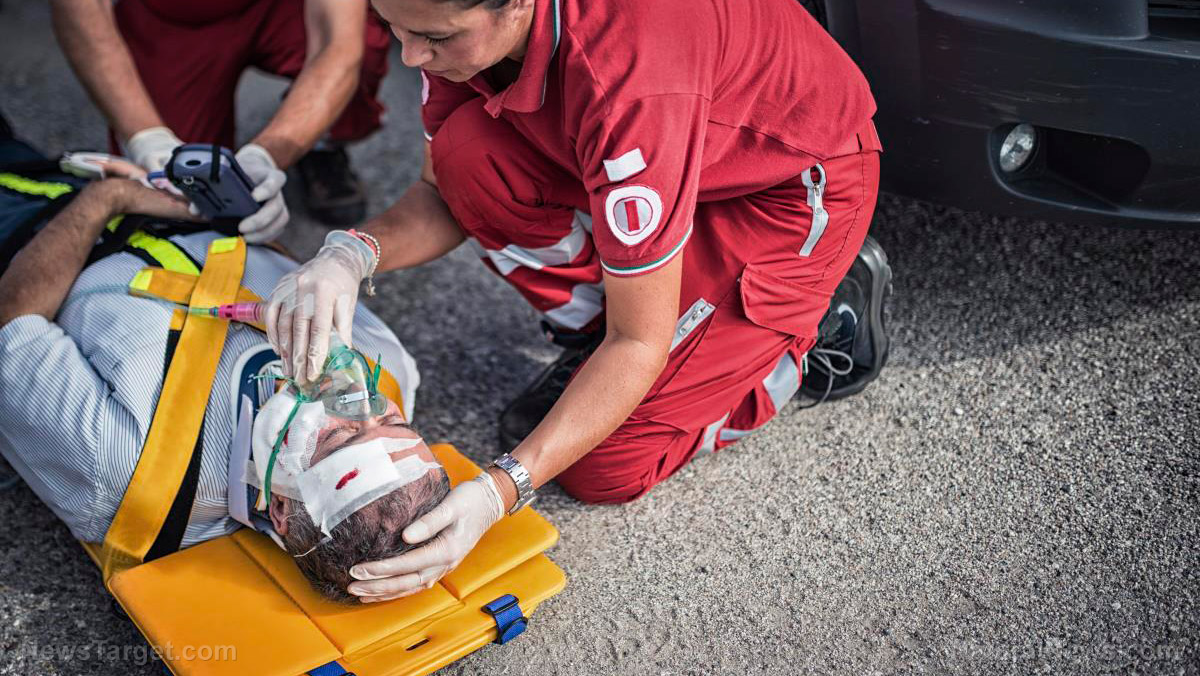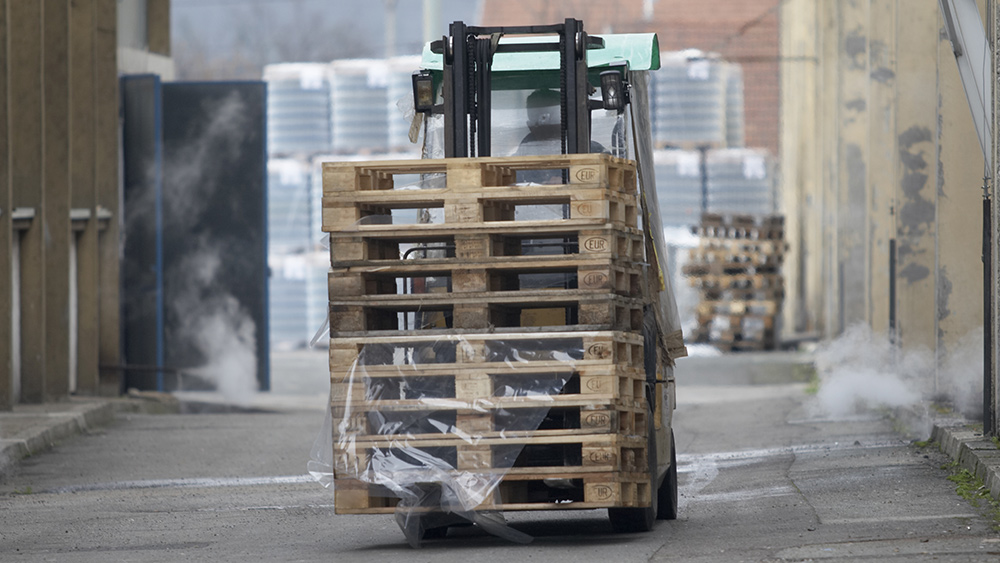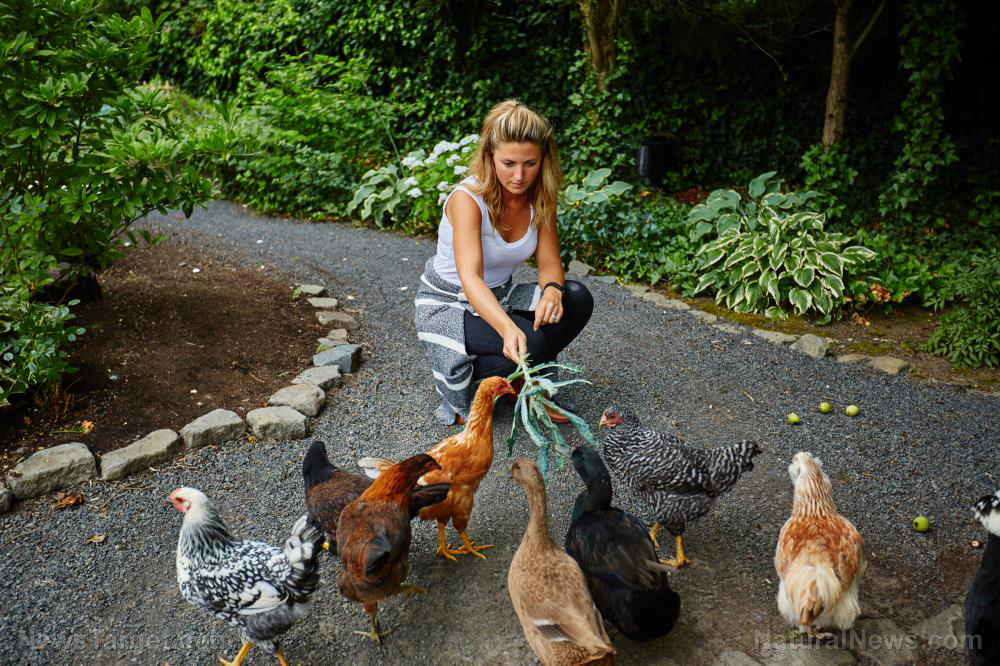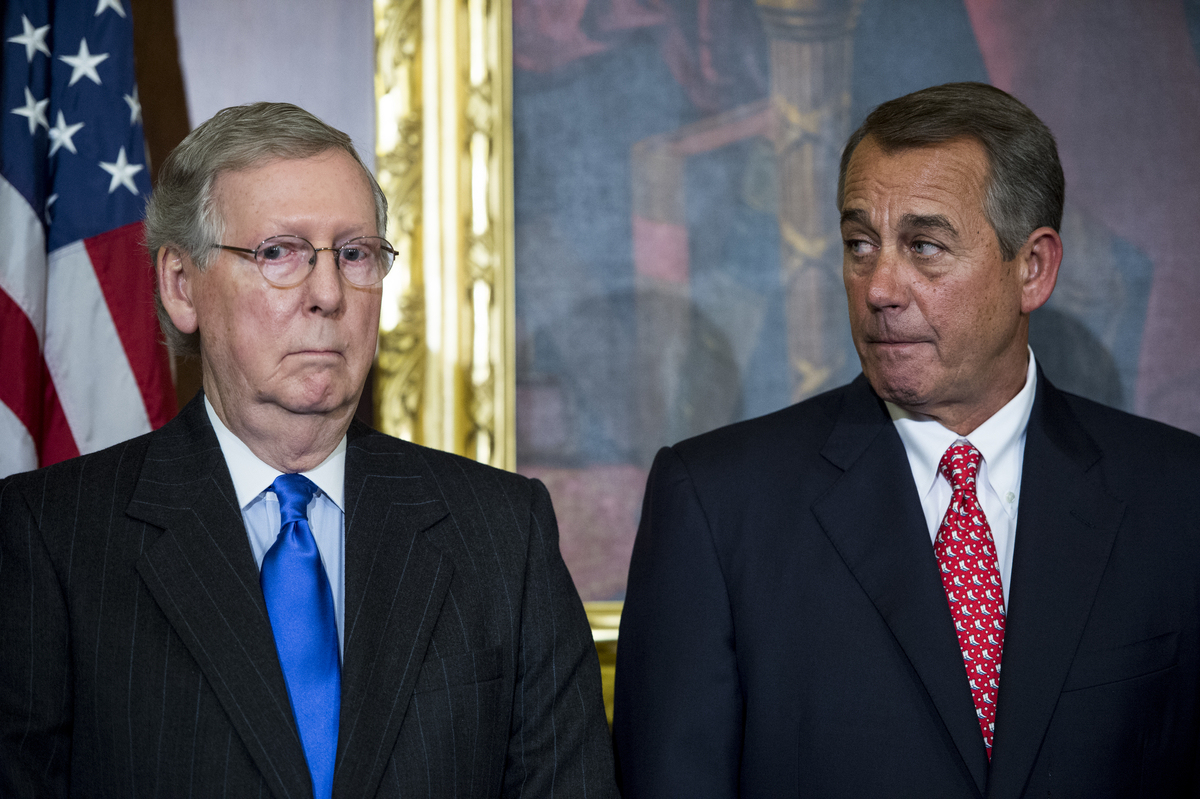African coronavirus cases SPIKE by 43 percent – WHO warns that continent could be the “next epicenter” of the pandemic
04/28/2020 / By Arsenio Toledo

In the last week alone, the reported number of COVID-19 cases in Africa rose by 43 percent. The World Health Organization (WHO) has warned that the African continent, home to over 1.3 billion people, is poised to become the next epicenter of the global coronavirus pandemic.
The world currently has over 2.8 million confirmed cases of COVID-19, including 198,668 deaths. The whole African continent doesn’t even account for one percent of this, as they only have 21,470 confirmed cases and 865 deaths. The majority of cases come from South Africa, Algeria, Cameroon and Ghana. The continent reported its first COVID-19 case in Egypt on February 13.
So far, only the archipelago nation of Comoros and the landlocked kingdom of Lesotho haven’t reported any COVID-19 cases.
African coronavirus cases may skyrocket within weeks
Michel Yao, WHO Africa’s program manager for emergency response, told reporters in a teleconference that if the number of cases in the continent continue to multiply per week, many African countries could face a “huge peak” in cases soon.
WHO has even said that if the continent’s rate of infection isn’t properly contained, there could be 10 million COVID-19 cases in Africa within the next three to six months. Worse, the hardest hit communities in Africa will be those that are already suffering from health conditions such as malnutrition and HIV.
Testing is perhaps the main concern that Africa faces. More than likely, there are more actual COVID-19 cases in the entire continent than reported ones.
For example, Ethiopia, a country of over 109 million people, has only conducted 10,000 coronavirus tests. South Africa has so far only managed to test 73,000 people out of a population of 57 million. Nigeria, the most populous nation in Africa, with over 190 million inhabitants, has only tested 5,000 people.
African countries may need to rely on a strategy based around mass testing. This could allow them to minimize lockdown restrictions, which are very difficult to handle, especially for parts of the African continent that depend on a daily income to survive.
“If you don’t test, you don’t find,” said John Nkengasong, director of the Africa Centers for Disease Control and Prevention (Africa CDC). “And if you don’t test, you are blinded. It is an uphill battle to build health systems while you need them… That is what we are actually doing now. We are playing catch up and that is a very, very tough thing to do.”
Virus is spreading beyond densely populated regions
While African nations do need to focus on testing, it cannot be limited to its urban capital regions. Matshidiso Moeti, WHO’s regional director for Africa, has warned that Africa’s coronavirus cases are beginning to creep out into the continent’s rural areas.
Moeti adds that tackling COVID-19 in rural areas is going to be difficult, especially if the region already lacks the proper health systems to deal with an outbreak in its urban centers.
This lack of health infrastructure is particularly troubling, as WHO reported that 43 African nations have less than 5,000 beds in ICUs available for current and future COVID-19 cases. This accounts for around five beds per one million people. The report also found that there are fewer than 2,000 working ventilators in public health centers across 41 African nations.
Tedros Adhanom Ghebreyesus, Director-General of WHO, and a native Ethiopian, said that while Africa’s COVID-19 cases are still very low, they are growing fast, and without strong and decisive help and action, Africa’s poor and vulnerable communities could be devastated by an outbreak.
The World Bank is already warning that if the continent isn’t able to handle the coronavirus pandemic, it could spark a food security crisis due to a potentially substantial decline in food production and food imports.
Hopefully, a lot of the aid coming into the continent can help vulnerable countries deal with the crisis. A senior government official told reporters that the United States has provided “almost a billion dollars” across the continent. Cyril Ramaphosa, president of South Africa and chairman of the African Union (AU), said that the AU’s COVID-19 Response Fund, established “to direct resources to bolster the continent’s response,” has so far raised $61 million, which will mainly go to support the work of the Africa CDC. (Related: South Africa goes into lockdown as the country struggles against coronavirus.)
Many countries across Africa have already imposed a variety of policies to combat the spreading pandemic, such as curfews, lockdowns and even mass testing drives, such as the case in Senegal, which is developing a 10-minute testing kit that will sell for less than one dollar each.
While WHO has noted that it’s possible for Africa to contain the pandemic, the threat is still there, and it remains to be seen whether policies enacted by countries all over the continent will be effective.
Sources include:
WHO.int [PDF]
Tagged Under: Africa, Algeria, Cameroon, Collapse, coronavirus, covid-19, Ethiopia, Flu, food collapse, food supply, Ghana, government, infections, Nigeria, outbreak, pandemic, South Africa, superbugs, virus
Get independent news alerts on natural cures, food lab tests, cannabis medicine, science, robotics, drones, privacy and more from NewsTarget.com
Get independent news alerts on natural cures, food lab tests, cannabis medicine, science, robotics, drones, privacy and more from NewsTarget.com
RECENT NEWS & ARTICLES
SHTF.News is a fact-based public education website published by SHTF News Features, LLC.
All content copyright © 2018 by SHTF News Features, LLC.
Contact Us with Tips or Corrections
All trademarks, registered trademarks and servicemarks mentioned on this site are the property of their respective owners.



















